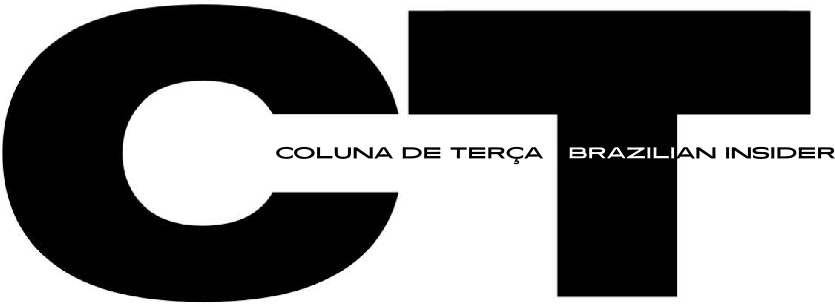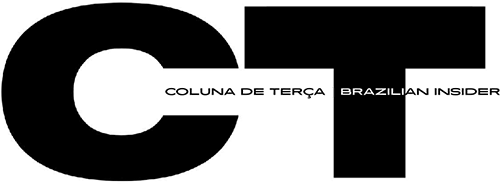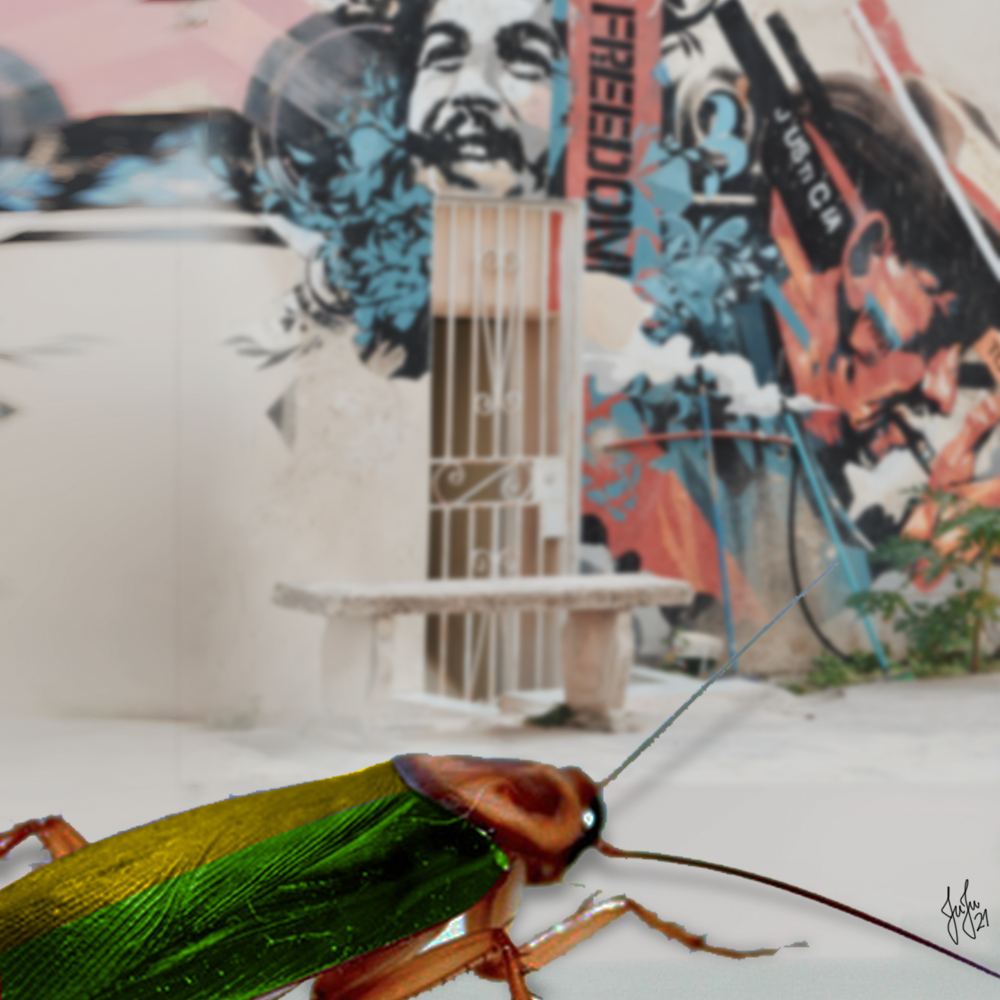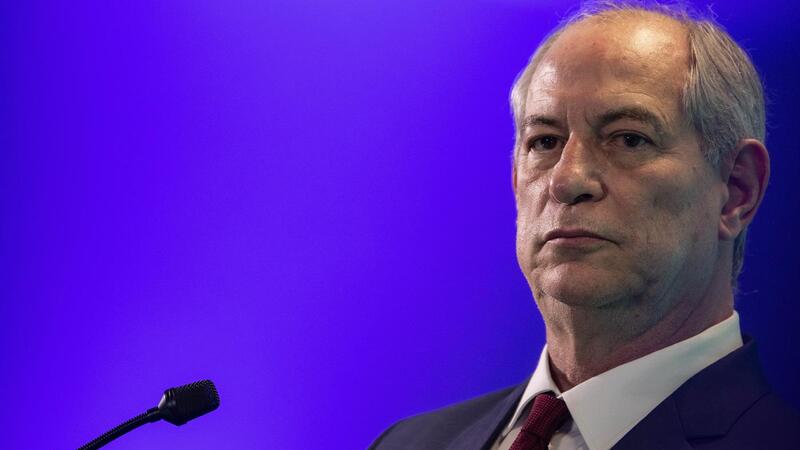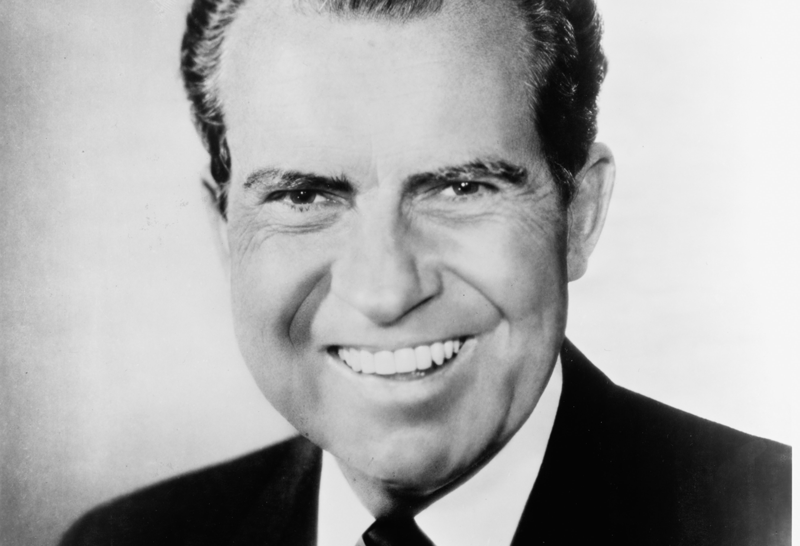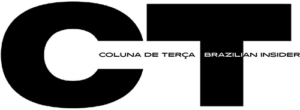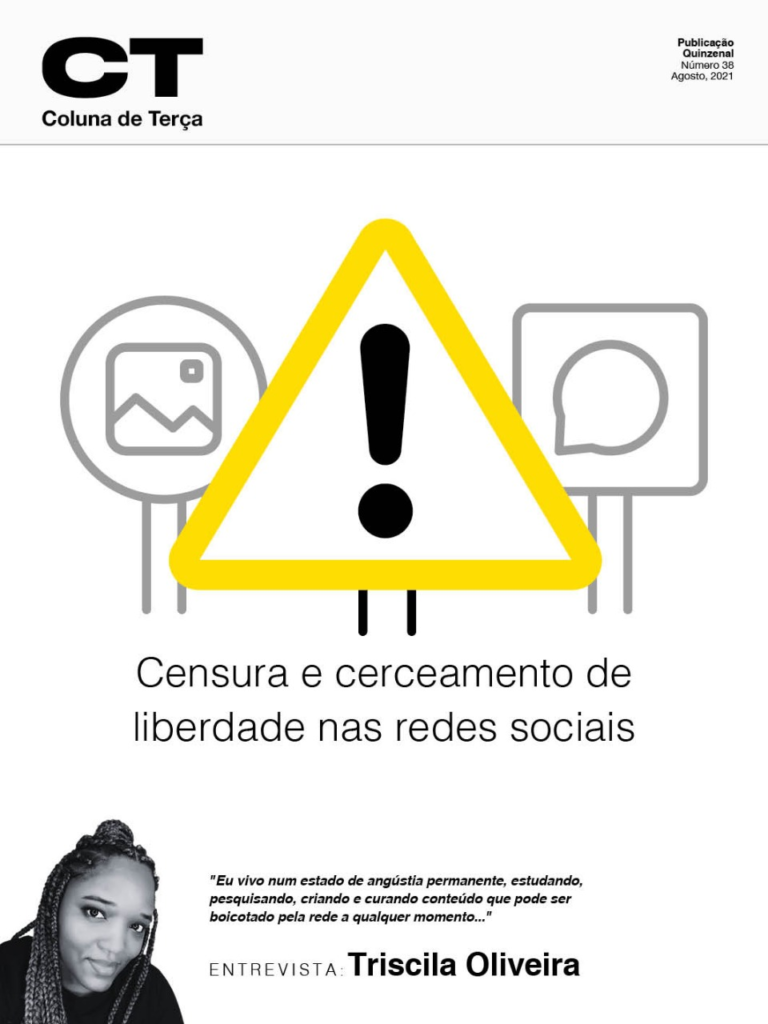
For the end of Censorship
Leitura: 7 minAugust 3rd celebrates the end of censorship in Brazil.
On this day, we celebrate the end of censorship – of freedom of expression, whether intellectual, artistic, scientific, etc.
And this date goes back to the day when the 1988 Constitution was passed, which put an end to the decrees and laws that were still in force since the dictatorship.
During the dictatorship, the military regime created control bodies to prevent writers, intellectuals, and artists from expressing themselves. These were the Divisão de Censura e Diversões Públicas (DCDP), the Conselho Superior de Censura (CSC), and the Departamento de Ordem Política e Social (DOPS).
These departments acted within and outside the law. And collaborating with other government agencies, such as the Military Police. From restrictions on journalistic texts or song lyrics to torture inside the government’s buildings, which in many cases led to deaths and executions, such as that of journalist Vladimir Herzog, who became a symbol of the struggle for freedom of expression in Brazil.
The Constitution, in its Chapter I, entitled “Of Individual and Collective Rights and Duties,” in Title II, which deals with “Of Fundamental Rights and Guarantees,” defines this resolution in subsection IX of Article 5:
“The expression of intellectual, artistic, scientific and communication activity is free, regardless of censorship or license.”
Here begins our problem.
I made this intro, all neat and tidy so that the lawyers in the room could back me up.
But now,
now it’s all downhill.
In 2016, the German newspaper Süddeutsche Zeitung published a report stating that Facebook’s control and moderation methods are imprecise, confusing, complex, and torture for moderators. Moderators who are controlled even by going to the restroom.
This information was given by Valera Zaicev, for another report, from Vice. He worked at Facebook before the expansion of outsourcing, which began in 2016 when the number of moderators was about 15,000 people. Today the exact number is unknown, but it is estimated to be almost 60,000 people, and 90% of them are outsourced.
In 2018, their office in Dublin increased from 120 to 800 outsourced employees. This caused the quality of employee training to drop dramatically, and mistakes started to become constant. People earning poorly, their SECONDS controlled, even to the restroom or to have a break – a work environment of surveillance, control, punishment, and low pay, with zero stability, unexpected schedules, and work shifts you don’t control. Above you, supervisors who tell you nothing, exercise fear, and hierarchical order, have a hidden agenda and have the power of “Facebook” to decide about your work.
There is a “Bible”, a book of rules, which is always changed. Moderators can only have 2% mistakes in a month and must maintain 98% accuracy. That, in practice, means getting it wrong only 4 or 5 times a month. If you are on a bad day and get everything wrong, you will spend the rest of the month struggling not to make any more mistakes, and the problem is that you have calls coming in, and you have no time to answer. There are employees, like Chris Gray, who went through this, quit, and now suffers from post-traumatic stress disorder.
When they say “algorithm,” they are lying. It’s the moderators who decide, squeezed by supervisors, who maintain an ever-growing negative list of profiles that are restricted.
Instagram and Facebook use the same rules, with few variations.
But it is in fact necessary to differentiate between the restrictions placed on conservatives and progressives, as much as it is necessary to differentiate between fake news and censorship of free speech.
A study conducted by Nieman Lab shows that conservatives are not censored as progressives are, and Facebook wants us to think that yes, it is fair and just. Besides this not happening, Facebook has a large customer base of conservatives. Trump’s suspension was done after 4 years of damage, started with Analytica, Steve Bannon, and the resumption of white supremacy as political power. it was ONLY WHEN THE AMERICAN CONGRESS WAS INVADED AND WAS ONE STEP FROM BEING TAKEN BY ARMED RIGHT-WING MILITIAS, a UNIQUE event in US history, that Facebook blocked Trump.
Before that, NOTHING was stopping him.
And Facebook knew he was a supremacist and anti-democratic. Facebook did not figure that out only in that January 2021.
Fake news is lies, used to destabilize and dispute central power. It needs to be deleted.
Censorship is what is done to people who do not propagate fake news. If you propagate any other message in support of human rights or minorities, and if this is not fake news, and you are censored, it is wrong. Period!
More than just wrong, according to the Constitution, it is vetoed. And if Facebook practices it, it’s a crime.
BUT FACEBOOK IS A PRIVATE COMPANY.
Yes, and so are banks. What could be more capitalistic than a bank?
And even so, banks don’t do whatever they want. There are laws, regulations for financial activities, there is the Central Bank. If a Bank abuses your rights, you can take legal action against it.
But what about Facebook?
Who controls Facebook?
The Coluna de Terça was created by me, everyone knows that.
Since 2016, I’ve been blocked about 40 times. Today (Aug 3rd, 2021), in this issue, I am blocked on 4 of my accounts. Two weeks ago, our Instagram account was blocked.
Nothing changes. I complain, nothing changes.
But I am not even the tip of the iceberg. We tried to talk to a range of progressive personalities, such as Samantha Schmutz (actress), Erica Malunguinho (politician), Manuela Xavier (feminist activist), and Monica Iozzi (actress). And we received the typical answer: “We didn’t get an answer”, until the closing of this edition. Well, at the end of the day Coluna de Terça is not an important outlet.
But you, who are famous and still are banned, have to appreciate our effort to shed light on this because THE TRADITIONAL MEDIA DOES NOT CARE. All of you, who work with topics in the public interest, should be the first to prioritize the independent media. Because if your fame unblocks a post or a profile, don’t count on your fame to get you off the negative list, or even, in the future, to be banned from the net, which happens.
And this is the case of Triscila Oliveira, interviewed by Cinthia Rocha, which we follow up below.
Triscila is a black woman, writer, intellectual, and activist. Her profile, @afemme1, was removed, and fuck it. That was it. It is no longer effective to tag Instagram’s owner, the pope, whomever. She was blocked and fuck it. The problem is that she depends on the page to work. Her relevance is such that communication agencies, newspapers, brands, consult what she writes to position themselves. She is a great educator for civil society, for youth. She is read by millions of people through the national comic Os Santos, made together with Leandro Assis.
Facebook should not block it. As a private company, which has an impact on civil society, politics, movements, and news, it should be under legal regulation. A company cannot decide ABOVE the Constitution. And today, on the day of the end of censorship, edition 38, on 8/3, comes to say with all the words that we cannot accept this new version of DOPS, which is now global. Here in Portugal, in Brazil, in Argentina, in France, in the United States, you name it.
“The following interview was conducted by Cinthia Rocha, CT journalist in Lisbon, with Triscila Oliveira, who had her profile @afemme1 banned by Instagram, affecting her work, her action in society, access to information, and qualified content.”
CT: What happened for you to get blocked? Which post or posts led to this?
Triscila: I reposted a video that was copyrighted by an entertainment company, received a copyright statement, and deleted the video from my feed, but days later Instagram deactivated my account. Interestingly, this is a viral video reposted by several other profiles on the internet: a boyfriend surprising his girlfriend with a marriage proposal during a photoshoot.
CT – How did you feel?
T: Despair was my first feeling because in the time of pandemic and unemployment I depend on the contributions to keep managing content in the profile in order to live. Then I got shocked but was definitely not surprised at the selective silencing of the platform, which removes from the feed even posts that make denunciations. Several activists and cyber-activists have been denouncing banishments, blocks, and their accounts being suddenly and arbitrarily deactivated.
CT – What do you think about these blocks, this patrolling that is rolling out so heavily on the networks?
T: I think that Instagram is heading to become an entertainment network, basically a shopping mall, with a theatrical show in the central square. It seems like a gradual banning of the kind of profiles like mine, which raises not only various issues, but also awareness, even if in a simple, direct, and most didactic way.
CT – I know that your work, I mean, your livelihood, comes through social networks. So, when a block comes, how do you get on with your work? Do these bans hurt your work, your income? Tell us a little bit about this.
T: They hurt too much, even though Instagram itself denies the existence of these bans. I have already had support cancelled because the supporters told me they stopped receiving my content even though they were people I “know” because they were often active and engaging on the posts. I live in a state of permanent anguish, studying, researching, creating, and curating content that can be boycotted by the network at any moment, under the allegation of violating the rules of the community. Then I’d lose the contributions that pay my bills, as if the issues addressed weren’t already difficult enough to deal with in a country like Brazil, that still sees social justice as a mere charity.
Subscribe to the Coluna de Terça
and support independent voices
Apoia.se/colunadeterca
